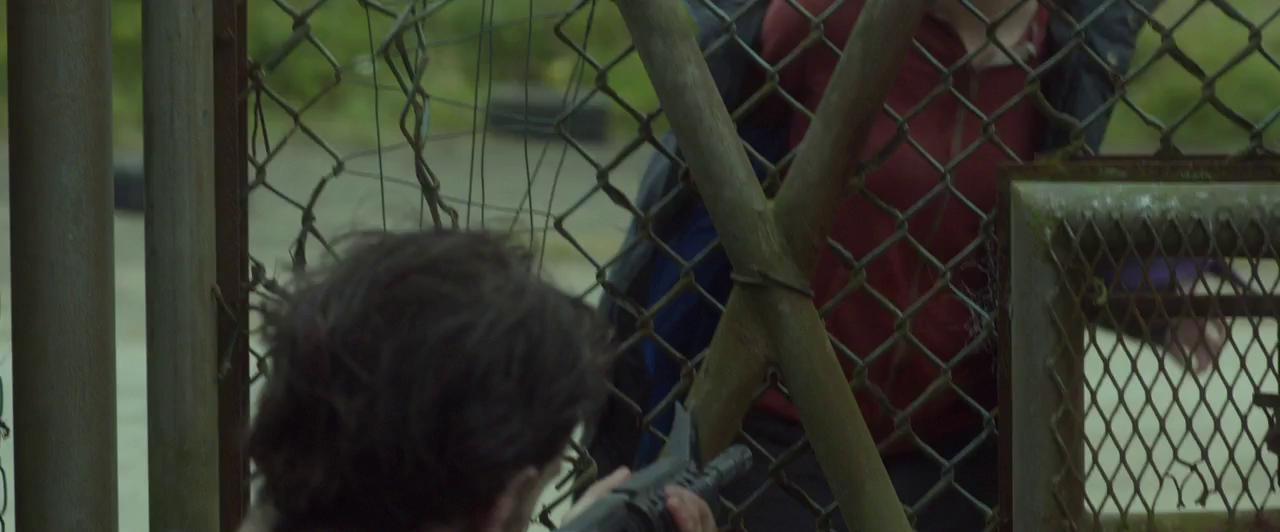Major black gold explorations in the 1970’s have allowed for mobility to be central in our lives. Consuming energy unsustainably lives were lived fast and moved faster to a constant ‘on the move’. The “carbon-based movement of people, goods, services, ideas and information” (Elliott and Urry, 2010, p.x): the result of a relentless consumerism that leaves an impact on the individual’s self-identity, livelihood and experience of life. A bleak outcome of which is pictured by Tolstoy and depicted in Elliott and Urry’s Mobile Lives (2010). Being in our body and psych cannot be independent of the environment, while in turn; our inexorable consumerism has devastating impacts on the world that sustains our being. “Fast modes of movement” which “extends into the core of the self” (Elliott and Urry, 2010, p.3) as the body is mobilized beyond its physical possibilities, through miniaturized mobilities, which extend the self virtually in time and space.
“The social structure of human agency and individual life is substantially and increasingly constituted through systems of movement” (Elliott and Urry, 2010, p.13), which mobilities are comprised of: the corporeal travel, the physical movement of objects, the imaginative travel, virtual travel, and communicative travel (Elliott and Urry, 2010, p.16). Movement in all forms abovementioned mark the fulcrum of a fast, agitated and unstoppable consumption of energy: the burning of which resource impacts negatively on the earth with the result of human induced climate change.
The high-carbon capitalist society has undermined its own existence, as global warming reflects back on a lifestyle that may have to be stopped in its tracks and slowed down to a slack pace of motion. Thus the future of mobility in our lives is contested with possible, probable or preferable scenarios presented. All with negative impacts of the collapse or readjustment of our technologically driven mobility. The Survivalist (2015) is a movie that depicts the actualization of such a scenario, what Elliott and Urry (2010) call the regional warlordism (p.144).
Though the hyper use of technology may impact negatively on the environment, we in turn are dependent on technology itself to clear up the mess. Through our miniaturized mobilities with apps such as Hackair and Captor and others, we can take on direct action for social and environmental change. Though some might say that this does little more than solely bring awareness of human-induced climate change, it may stop us in our tracks and instigate new forms of harmless mobility.
Bibliography
Elliott, A. & Urry, J., 2010. Mobile Lives [pdf] Available at: <https://studentcentral.brighton.ac.uk/bbcswebdav/pid-2623392-dt-content-rid-5011551_1/courses/MJM20_2015/Elliot%2CUrry_2010_MobileLives_Introduction.pdf> [Accessed 1 May 2016].
Hackair [online] Available at: < http://www.hackair.eu/related-projects/> [Accessed 1 May 2016].
The Survivalist. Stephen Fingleton, 2016. DVD.


